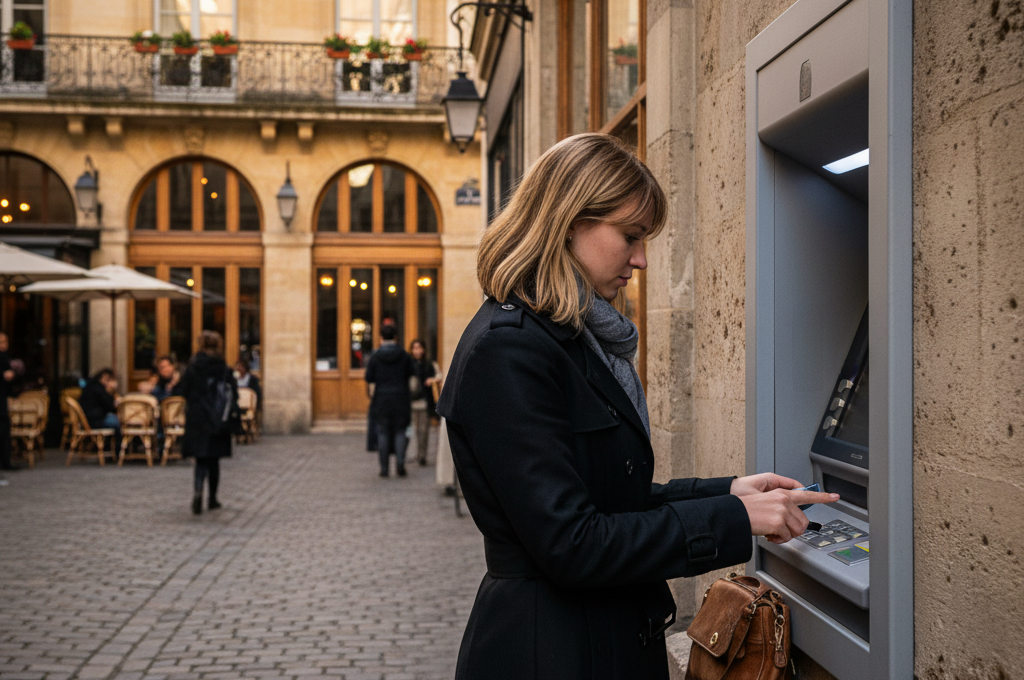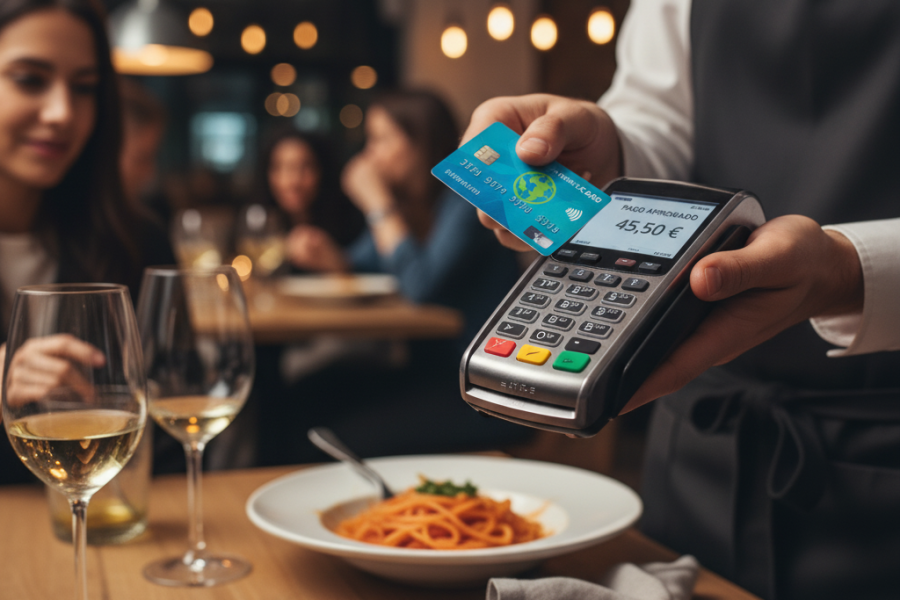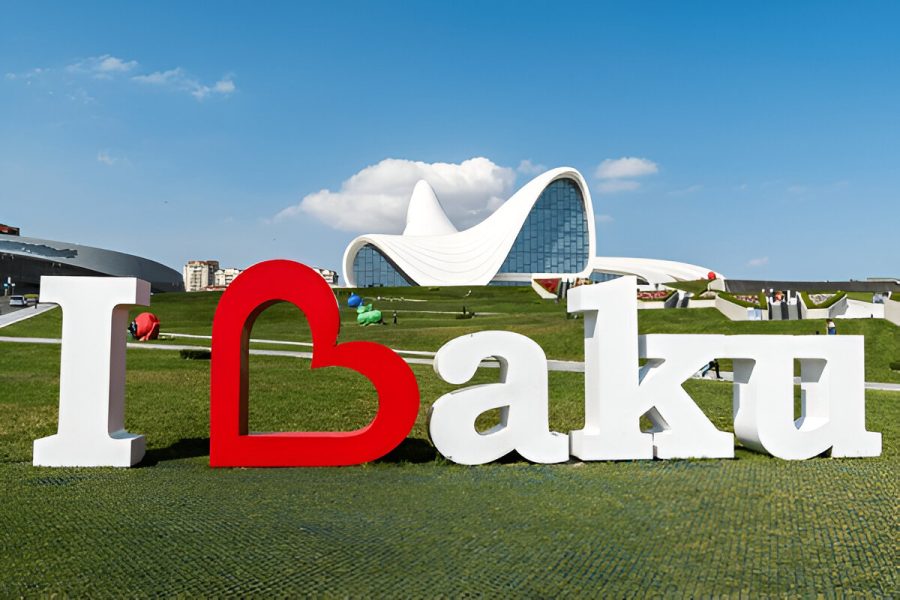Why Currency Exchange Matters for Travelers
When planning an international trip, most travelers focus on flights and hotels — but forget one key detail: currency exchange. Understanding how to exchange money smartly can save you hundreds of dollars.
Exchange rates, bank fees, and conversion charges can vary widely. Knowing a few simple currency exchange tips helps you make the most of your money abroad. Whether you’re traveling for work, leisure, or as a digital nomad, these strategies will help you avoid hidden costs and travel stress-free.
1. Avoid Airport Exchange Counters
Airport currency exchange kiosks may be convenient, but they often offer the worst rates. These counters add high margins and service fees, so you end up getting less for your money.
Instead, exchange a small amount — just enough for transport or food — and handle the rest in the city. Using local ATMs or reputable banks once you arrive will usually get you a far better rate.
2. Use Travel Cards or Multi-Currency Accounts
One of the smartest international currency exchange tips is to use a travel card or multi-currency account. Banks like Wise, Revolut, and Niyo offer cards that let you hold multiple currencies and spend at real exchange rates.
These cards also help you track your spending easily and avoid surprise charges. Always inform your bank before international travel to prevent your card from being blocked.
3. Compare Rates Before Exchanging
Never settle for the first rate you see. Currency rates can differ between exchange providers, even in the same city. A quick online search or use of apps like XE Currency or OANDA helps you check live rates and find the best deal.
Even a small difference — say, a few cents per dollar — can add up if you’re exchanging a large amount. Always aim for mid-market rates with low or no commission.
4. Withdraw Cash in Local Currency
Using ATMs abroad is one of the easiest ways to get local money, but choose your ATM wisely. Always withdraw in the local currency, not in your home currency.
If the ATM asks whether to convert the amount for you, decline the conversion. This “dynamic currency conversion” usually gives you a worse rate. Instead, let your home bank handle the conversion — it’s usually cheaper and more accurate.
5. Keep a Currency Conversion App Handy
Download a currency conversion app before your trip. Tools like XE Currency, Currency Converter Plus, or Revolut let you check rates instantly.
Having real-time information helps you make better spending decisions and avoid overpaying when shopping or dining. It also gives you confidence when negotiating prices in cash-based destinations.
6. Carry a Mix of Cash and Cards
Even in the digital age, it’s smart to carry a mix of payment options. Cash is useful for taxis, tips, and small purchases, while cards work best for hotels and restaurants.
Keep your cash and cards separate — for example, store one card in your wallet and another in your luggage. That way, if something is lost or stolen, you still have a backup.
7. Check for Hidden Fees and Exchange Margins
Many banks and money changers promote “no commission” exchanges — but they often hide fees in inflated rates. Always compare the offered rate with the live mid-market rate (the one you see on Google or XE).
If the difference is more than 2–3%, you’re probably overpaying. Also, check your credit card’s foreign transaction fees — some charge 3–5% per purchase abroad.
8. Plan Ahead for Remote or Cash-Based Destinations
If you’re traveling to smaller towns or rural areas, don’t rely solely on ATMs or cards. Exchange enough cash in advance, as finding exchange services in remote areas can be difficult.
In some countries, US dollars or euros are widely accepted, so carrying a small emergency stash in a strong currency can save you in a pinch.
Travel Smart, Spend Smarter
Money exchange may seem like a small detail, but it can make a big difference to your travel budget. By following these currency exchange tips, you’ll avoid unnecessary fees and get more value for your money.
The key is preparation: compare rates, use travel cards, and stay informed. With the right approach, your hard-earned money will go further — leaving you free to enjoy your journey without financial stress.
So before your next trip, plan your currency strategy as carefully as your itinerary. Smart money equals smarter travel.






Leave a Comment